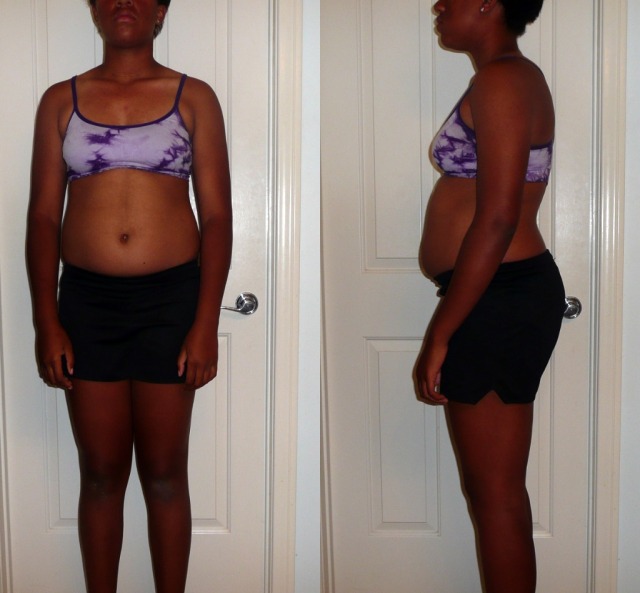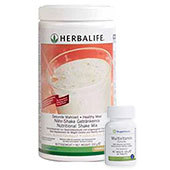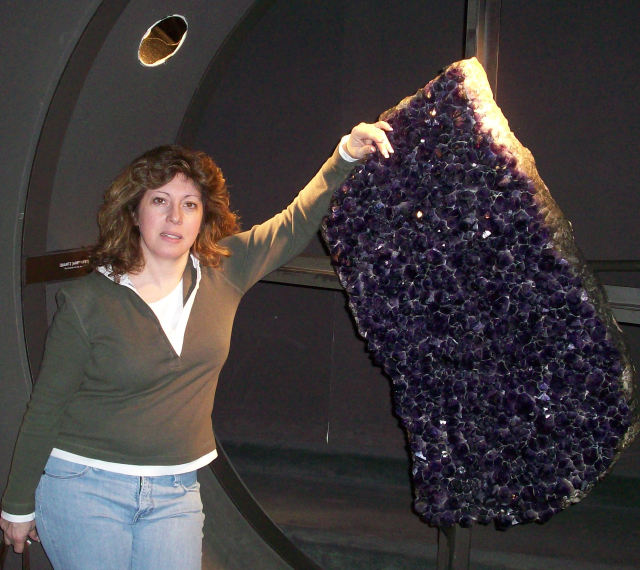lactose/vitamins
Question
I had two questions. I was comparing some different plain non-fat yogurts in the supermarket and noticed they vary in natural surgar content. It seems like the less calcium and protein they have the more sugar it has. For an 8 cup serving, one had 35% calcium, 10g sugar, 10g protein. One had 40% calcium and 15g sugar. One had 50% calcium, 20g sugar, 14g protein. Why does sugar content vary? Does it matter much how much sugar a plain yogurt has? Does this make it better?
The second question relates to all this talk about trying to avoid phytic acid (phytates) in food (e.g. grains, beans, nuts) because it supposedly blocks mineral absorption, things like calcium, magnesium, phosphorus, iron, zinc. By avoiding phytic acid foods, I've seen everything from curing tooth decay to curing all sorts of other diseases in the body. I thought it was just the opposite for phytic acid, where it prevents diseases and a host of other things in the body. I thought these were really good foods to try and eat every day, and this should make up the bulk of your diet. Is this something to worry about? Are important minerals not being absorbed? How much scientific proof is there to this? I try to take my vitamins every morning with breakfast since it was always told to do this for best absorption. Now I'm thinking twice about this. I like my bowl of oatmeal every morning, but am now worried vitamins/minerals are not being absorbed. Is hard to really know what's truth and not truth out there on the internet, since things many times seem so valid. Thanks.
Hi Dave, apologies for the late response. I had to put in some extra hours at school and didn't want to short change you on your response and waited until my schedule was back to normal.
I'm a big fan of Greek yogurt. In fact I just had it for breakfast. The sugar content can vary by brand. Keep in mind that the nutrition labels are not 100% accurate. So if Brand A has 10 grams sugar and Brand B has 11 its no concern because you may be looking at a higher or lower number either way. This is not saying that 11 is really a 22 but all the same its a close estimate. What I do is look for the best protein to sugar ratio. I want the most protein with the lowest sugar. So far Chobani (22 grams protein, 6 sugar) is the best in my book. I don't shop at fancy stores like Whole Foods so this is my average Joe estimate.
Whatever you buy just assure it has less than 9 grams per serving and at least 20 grams protein. That 9 number is a high, so look to get closer to like 6.
The calcium and other nutrients all depend on how its made. The Chobani has 25%.
If I were you I would opt for losing calcium as long as I get a lower sugar content. You can get calcium elsewhere, you can't get rid of sugar elsewhere.
As for phytic acid, that's up there with the whole Gluten trend in my opinion. It exists, it can have possible adverse effects in some, but the vast majority of us eat it and are fine.
It has been found to inhibit nutrient absorption. At the same time its found in some of our best foods like oats and whole grains.
In researching this for you I found a quote from some "expert" talking about how ancient man didn't eat grains in their diet so neither should we blah blah blah. I hate arguments like this because they are trying to sell a point of view to people that's not relevant to people now. This is the same as the paleo diet. Experts say ancient man ate this, that, and the other and it was perfect. The fact is we are so far remove genetically from cavemen that this is an iffy argument. We have vastly evolved as a species so its crazy to compare what we eat and how we live to that of people who lived 15,000 years ago or whatever length of time.
My final thought on the phytic acid argument is this. How much is there on it when you search? I just searched it for this and found a lot of articles, but a lot of it was from opinion based publications. But when I look up something like calcium I get results from established medical publications and Government research entities.
If a problem is a real problem I want it to be mass media, front page. I want to go to the store and see labels brag that they don't have it. The general public probably has no clue what phytic acid is, but they all know what trans fats are.
If you want to eat your oatmeal and combat any reaction just include a good multivitamin.
I'd be much more concerned with sugar and trans fats.
Granted there are some considerations.
-Calcium can inhibit the absorption of other nutrients. Hence you should take it separate from your other supplements.
-Grapefruit can interfere with some medications. This is mostly for medications used for stress management, anxiety, and other emotional and stress disorders.
-ZMA supplements should be taken on an empty stomach about an hour before meals.
Related Articles
-
questions about anemia for Delicious Living article
QuestionThank you George, That answer was great, and it was wonde
-
Avoiding putting weight back on after quick weight loss
QuestionHello! I was hoping for some advise. While I would not cl
-
Food obsession
QuestionHi I have a bad food obsession. Once I start eating a sp
-
Abs building: free online instructions
QuestionHi. I have a question. Ive lost 15 lbs. and i only have a
-
hypo diet
QuestionI am hypoglycemic and docotr has told me to go on hypogly
-
Face weight loss
QuestionHi Cari, Recently I have been having a really tough time




